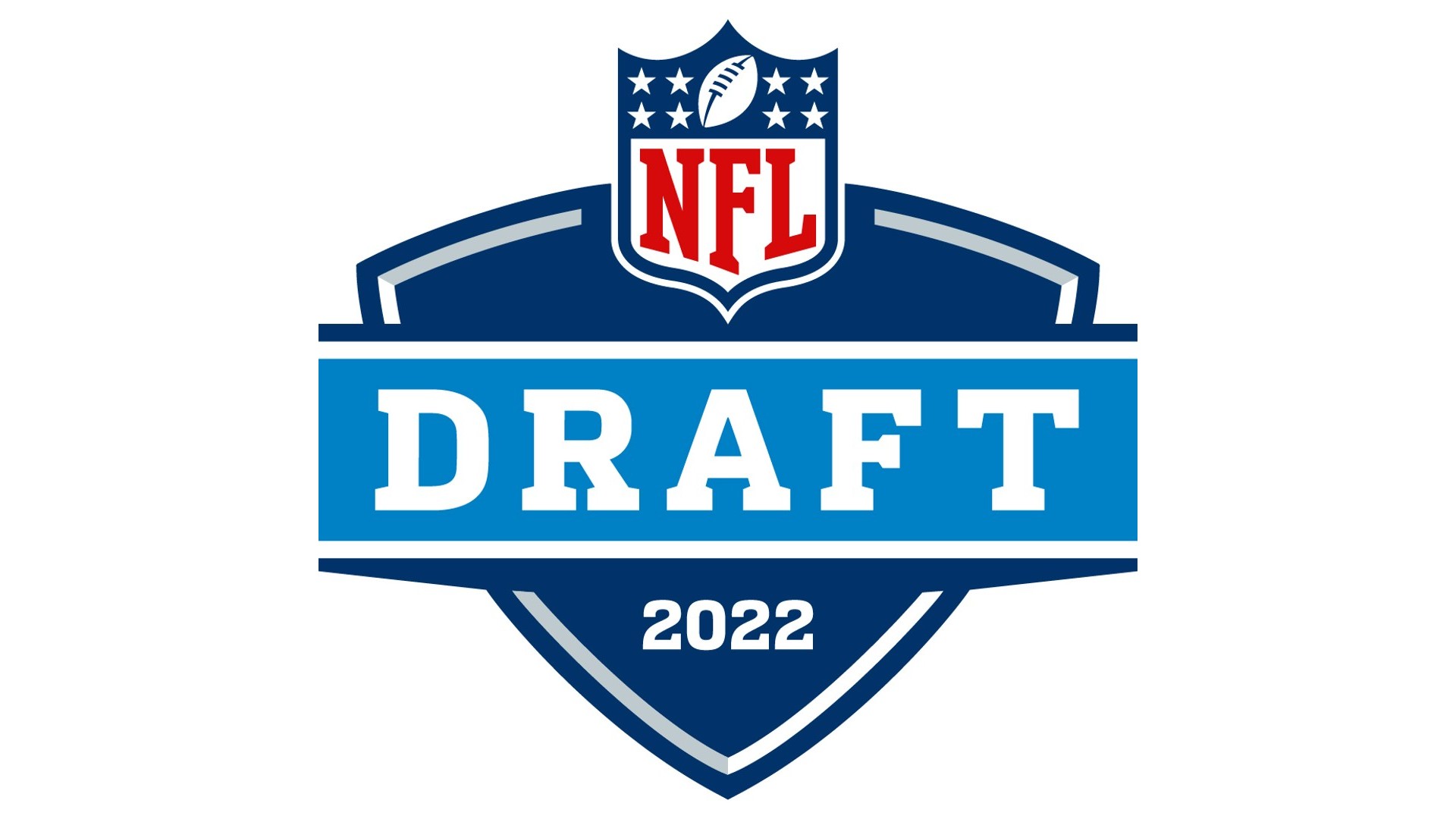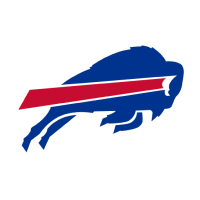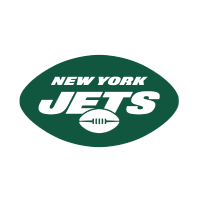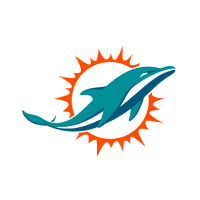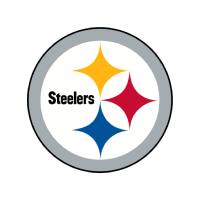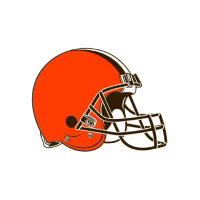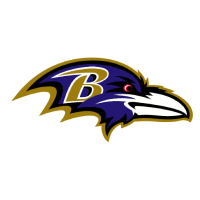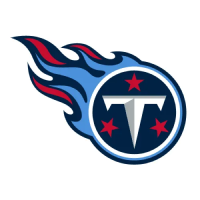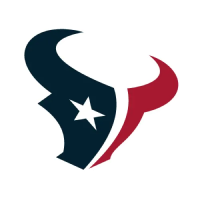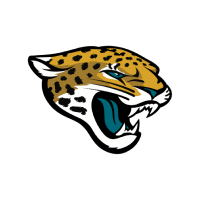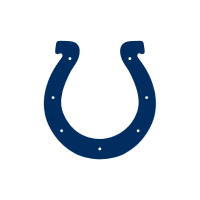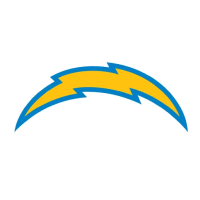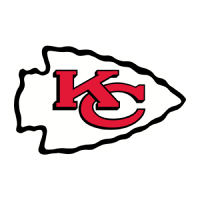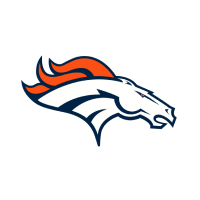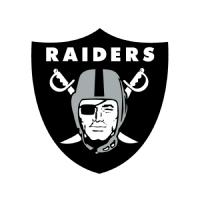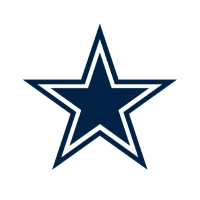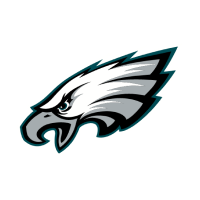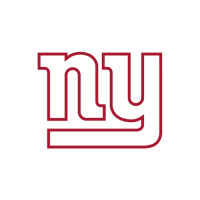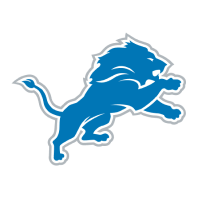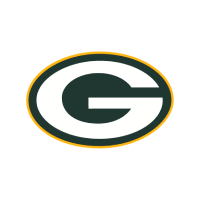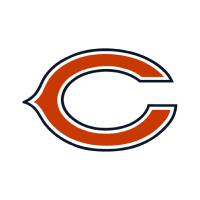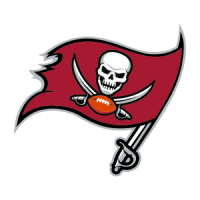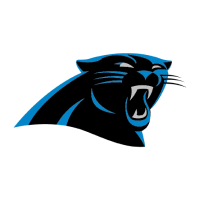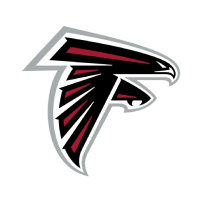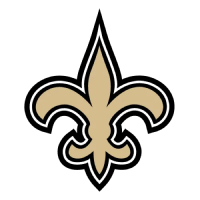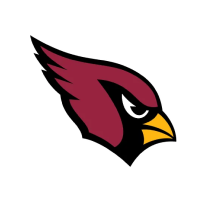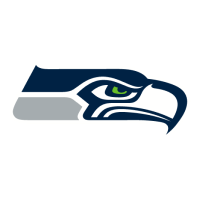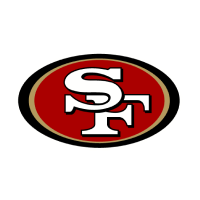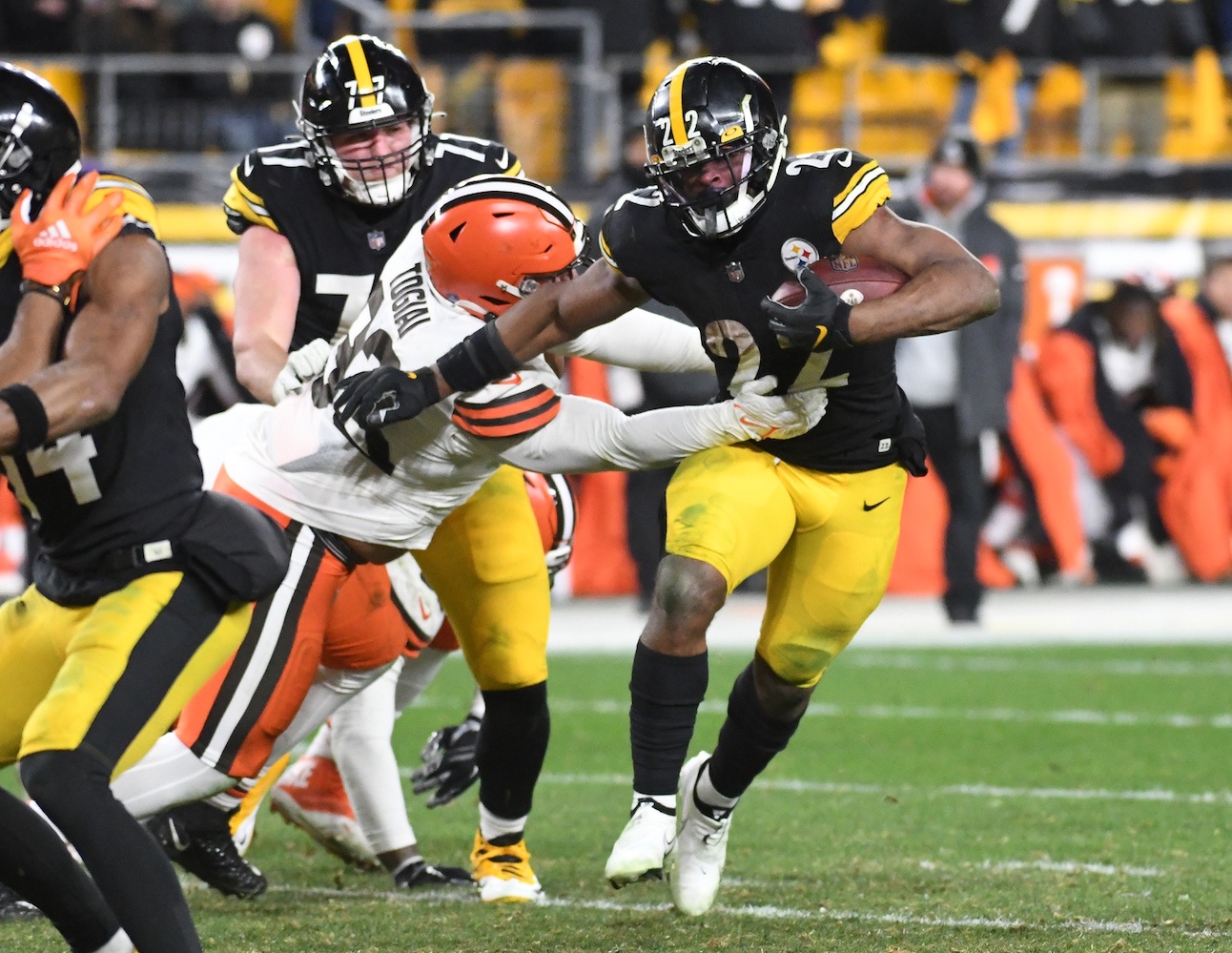The Houston Texans are in an ideal window for just about any NFL franchise.
They are in possession of one of the NFL's brightest young stars at the quarterback position, who is still playing on a rookie contract. Houston should be talking about hopes and dreams of Vince Lombardi Trophies. But in reality, the Texans feel like a team about as far away from championship contention as you could possibly get. Because, despite the team's star power in Deshaun Watson and J.J. Watt, the Texans are currently mired in a power struggle that threatens to derail the peak of their Super Bowl window: Bill O'Brien versus the world.
One year ago, the Texans were a franchise that was coming off an 11-5 season and had several other prominent young talents on their roster, including defensive end Jadeveon Clowney and wide receiver DeAndre Hopkins. Clowney will play the 2020 season as a 27-year old and Hopkins will be 28 but neither will be a Texan.
That's not necessarily a black mark on the Texans' resume, that is until you realize the context in which both players left and what they were able to get in return. The Texans didn't simply let either talent walk out the door in free agency either. Both talents were traded from Houston. In return, the Texans secured marginal talents and minimal draft selections. O'Brien is rightfully panned in every corner of the football media for his failure to set aside his own ego as the man in charge of the Texans; his urgency to shuttle away Clowney and Hopkins far exceeds the return he got for either asset.
The Texans appeared to be well positioned for sustained success no less than 12 months ago, before O'Brien's roster management almost instantaneously milked this franchise of all their best assets. Here's who and what has come out and in to Houston over the course of the last 8 months.
Notable departures:
- DE/OLB Jadeveon Clowney
- WR DeAndre Hopkins
- 2020 first-round pick
- 2020 third-round pick
- 2020 third-round pick
- 2020 fourth-round pick
- 2021 first-round pick
- 2021 second-round pick
Notable additions:
- OT Laremy Tunsil
- WR Kenny Stills
- RB Duke Johnson
- RB David Johnson
- RB Carlos Hyde
- LB Jacob Martin
- LB Keke Mingo
- CB Gareon Conley
- 2020 second-round pick (Arizona)
- 2020 third-round pick (Seattle)
- 2020 fourth-round pick (Miami)
- 2020 fourth-round pick (Arizona)
This shouldn't be possible. Of the assets to leave and arrive in Houston over the O'Brien tenure as the unquestioned authority, five of the six most valuable assets have been leaving. Houston's most valuable addition, Tunsil, was not even given a contract extension despite significant salary-cap space at the team's disposal — which reportedly now has the Texans calling the Washington Redskins to explore the availability of veteran offensive tackle Trent Williams earlier this offseason.
Forget about the Tunsil trade for a moment. It was an inexcusable overpay, but at least the justification of the deal existed in this team felt it was a tackle away from competing. But between the departures of Clowney and Hopkins, Houston should have been able to secure more than enough to cover the cost of Tunsil.
The following NFL wide receivers have been traded for at least a first-round pick at one point in their careers:
- Stefon Diggs (2020)
- Odell Beckham Jr. (2019)
- Brandin Cooks (2018)
- Percy Harvin (2013)
- Randy Moss (2005)
- Peerless Price (2003)
- Joey Galloway (2000)
The list goes on and on. One has to wonder just how hard the Texans shopped Hopkins if their return was David Johnson, a 28-year old running back (and the third back the Texans have traded for in the last year) who has carried the football 1,647 times in the last nine seasons going back to his first year at Northern Iowa and a 2020 second-round pick (40th overall). Did the Texans even place any phone calls?
The receivers above all collected at least a first-round pick, if not two (Galloway). Some, like Moss, commanded top-10 overall selections. Hopkins would have been worth the price equal to that of Moss. Moss' final three seasons in Minnesota before a trade to Oakland yielded 266 receptions for 3,746 yards and 37 touchdowns. Hopkins' last three seasons? 315 catches for 4,115 and 31 touchdowns in one extra game played. Both were the same age at the time of their respective trades too.
This isn't to say Arizona would have been willing to give up the eighth-overall selection in this year's draft to acquire Hopkins. But to walk away with your third running back via trade in 12 months and a second-round pick is a complete disservice. There are surely wide receiver hungry teams that would have parted with their first-round pick for Hopkins — like Buffalo, which later the same day parted with a first-round selection for Diggs.
What did Diggs haul the Vikings in their swap with Buffalo? A 2020 first-round pick (No. 22 overall), a 2020 fifth-round pick, a 2020 sixth-round pick and a 2021 fourth-round pick.
Imagine if the Texans had gotten that (or a relatively equal package) for Hopkins. To assume Houston indeed did get an equal deal with what they actually took, David Johnson would have to be valued as the 56th pick in the 2020 draft. Needless to say, that's about as ambitious of a forecast as you can cook up. Johnson isn't worth that kind of price with the wear and tear he's endured plus his age and cost (over $11 million in 2020 cap).
Now tack on the missteps for Clowney. Pass rushers under the franchise tag have been flipped for as little as a second-round pick (Dee Ford in 2019) or as much as a 1st-rounder plus pick swaps (Frank Clark in 2019). The Clark deal netted Seattle a first-round pick, a better third-round pick and a future second-round pick. Would Clowney, in a better-managed situation, have netted Houston a Clark sized deal? Probably not, but Clowney's stock was never as high as it was in the immediate aftermath of the 2018 season when Houston first placed him under the franchise tag. He'd played in 31 of the team's 32 most recent games and logged 18 1/2 sacks, 37 tackles for loss and 42 quarterback hits over that stretch of play.
He certainly warranted more than a third-round pick and two veteran throw-ins. The two players Houston returned in the deal, Martin and Mingo, logged a combined 294 snaps for the Texans in 2019.
Had Clowney netted just a first-round pick — which isn't crazy to consider if the Texans had handled his contract standoff with more decisiveness and intent instead of simply throwing on the blinders and hoping for the best all summer — Houston would be much better aligned to process the losses it has endured in two top talents in the physical prime of their careers and replenish it with cheap, rookie talent.
The pick the Texans received for Clowney was later flipped for Gareon Conley. Its value on the trade value chart measures in at 136 points or the 91st overall pick in the draft.
In all, Houston flipped Hopkins and Clowney for the 40th overall selection in 2020, the 91st overall selection in 2020, a greatly depreciating running back and two throw-in linebackers. The total trade value chart worth, assuming Johnson is actually worth a high fourth-round pick (he's not) and that Martin and Mingo are each worth early sixth-round picks is approximately 740 points — the total value of the 24th overall pick in the 2020 draft.
What should Houston have received?
Well, the trade package the Bills surrendered for a lesser receiver in Diggs alone was worth 857.2 points. The Vikings received the equivalent of an extra third-round pick in trade value for just Diggs versus what the Texans received for Hopkins and Clowney combined. Tacking on Clowney's value as a potential first-round pick — let's call it the value of the 32nd overall pick just to be conservative — from the late spring of 2019 and the Texans' surrendered value to appease O'Brien's dictatorship is 707 points, the equivalent of the 25th-overall pick in the draft in lost value.
Factor in the dealing for Tunsil (two first-round picks and a second-round pick) and the trades of a third-round picks for running back Carlos Hyde, who is a free agent and not expected to return, and O'Brien has flushed down the toilet assets that in all will be equivalent to a top-three pick in the NFL draft. All in 12 months — and the only thing the Texans really have to show for it is Tunsil (now on the final season of his rookie deal and looking for in excess of $20 million per season), cornerback Gareon Conley, the 40th overall pick in this year's draft and a whole bunch of pissed off Texans.
Players and fans alike.
Filed In
Related Articles
Cincinnati Bengals
Should Joe Burrow Be The NFL MVP?
- Jan 07, 2022
NFL
Steelers Hit A Home Run With Najee Harris
- Jan 07, 2022
Written By
